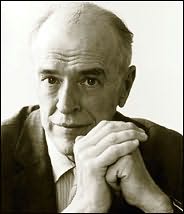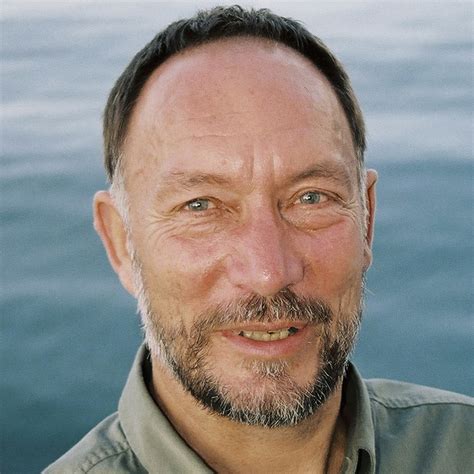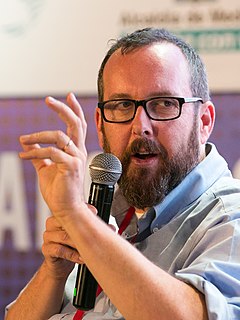A Quote by William Maxwell
What we refer to confidently as memory is really a form of storytelling that goes on continually in the mind and often changes with the telling.
Related Quotes
What we, or at any rate what I, refer to confidently as memory--meaning a moment, a scene, a fact that has been subjected to a fixative and thereby rescued from oblivion--is really a form of storytelling that goes on continually in the mind and often changes with the telling. Too many conflicting emotional interests are involved for life ever to be wholly acceptable, and possibly it is the work of the storyteller to rearrange things so that they conform to this end. In any case, in talking about the past we lie with every breath we draw.
Television is what we call the long form of storytelling, where we tell stories over thirteen, twenty-two, or twenty-four hours. Miniseries is an eight-hour form of storytelling, and film is a two-hour form. Each and every one of them are important to me, because they're a different modality of storytelling.
Memory itself is an internal rumour; and when to this hearsay within the mind we add the falsified echoes that reach us from others, we have but a shifting and unseizable basis to build upon. The picture we frame of the past changes continually and grows every day less similar to the original experience which it purports to describe.
The storytelling mind is allergic to uncertainty, randomness, and coincidence. It is addicted to meaning. If the storytelling mind cannot find meaningful patterns in the world, it will try to impose them. In short, the storytelling mind is a factory that churns out true stories when it can, but will manufacture lies when it can’t.
I tell the story to you now, but in each telling the story itself changes a little, changes direction, and that in turn changes you and me. So be very careful not only in how you repeat it but in how you remember it, goslings. More often than you realize it, the world is shaped by two things -- stories told and the memories they leave behind.
Paradoxically one of the greatest advantages of mind maps is that they are seldom needed again. The very act of constructing a map is itself so effective in fixing ideas in memory that very often a whole map can recalled without going back to it at all. A mind map is so strongly visual and uses so many of the natural functions of memory that frequently it can be simply read off in the mind's eye.
Advent's intention is to awaken the most profound and basic emotional memory within us, namely, the memory of the God who became a child. This is a healing memory; it brings hope. The purpose of the Church's year is continually to rehearse her great history of memories, to awaken the heart's memory so that it can discern the star of hope.





































